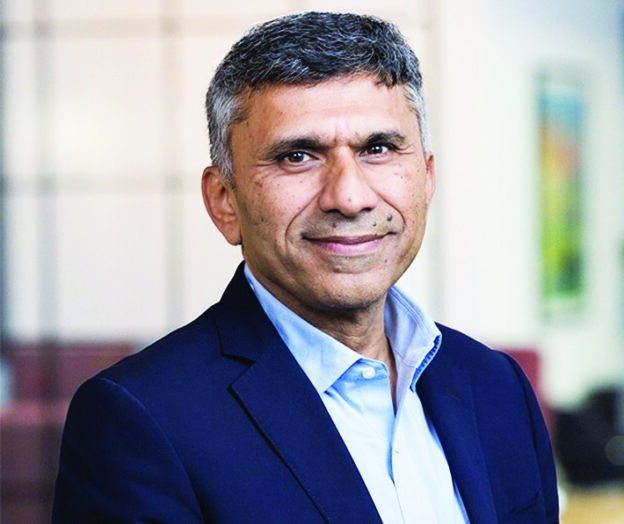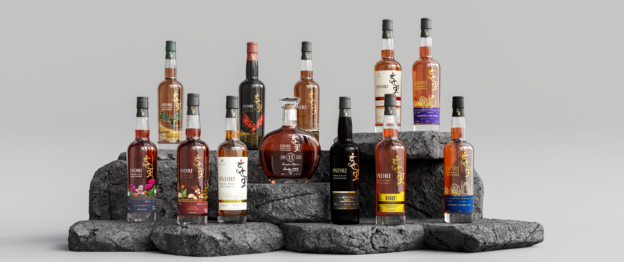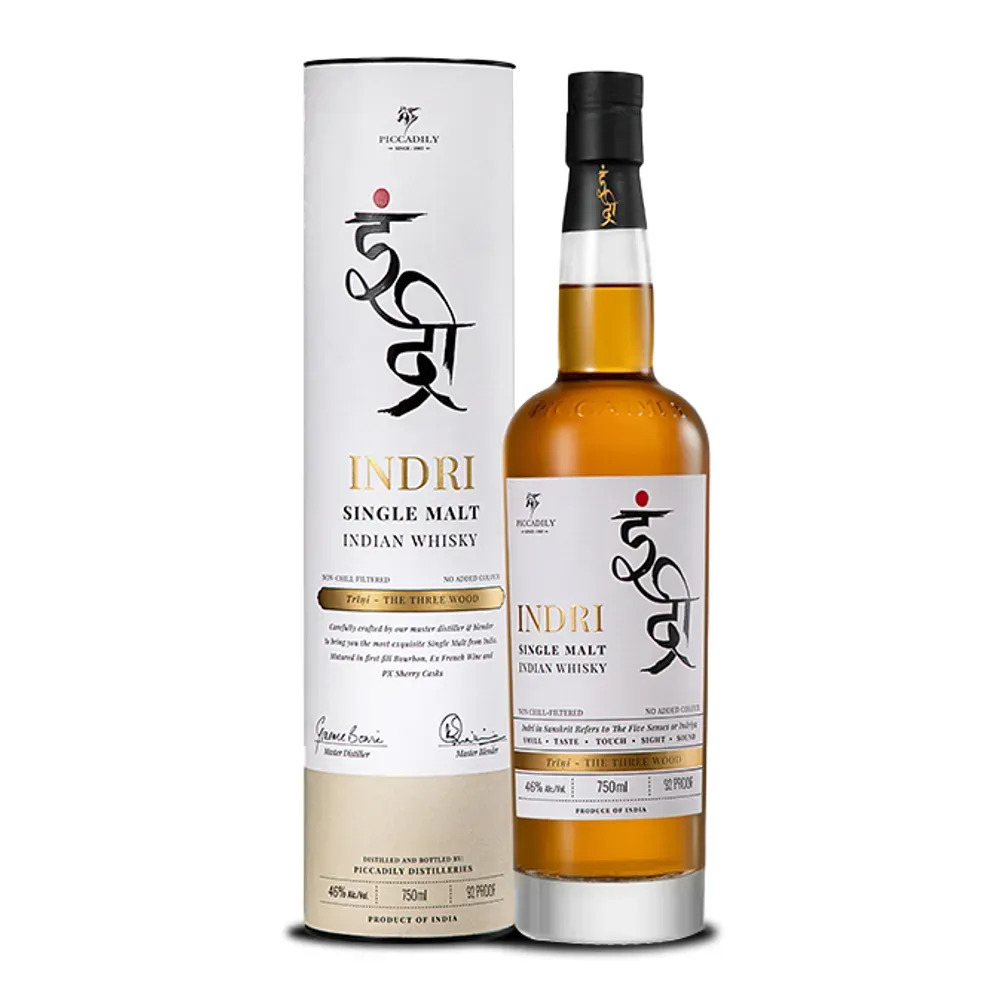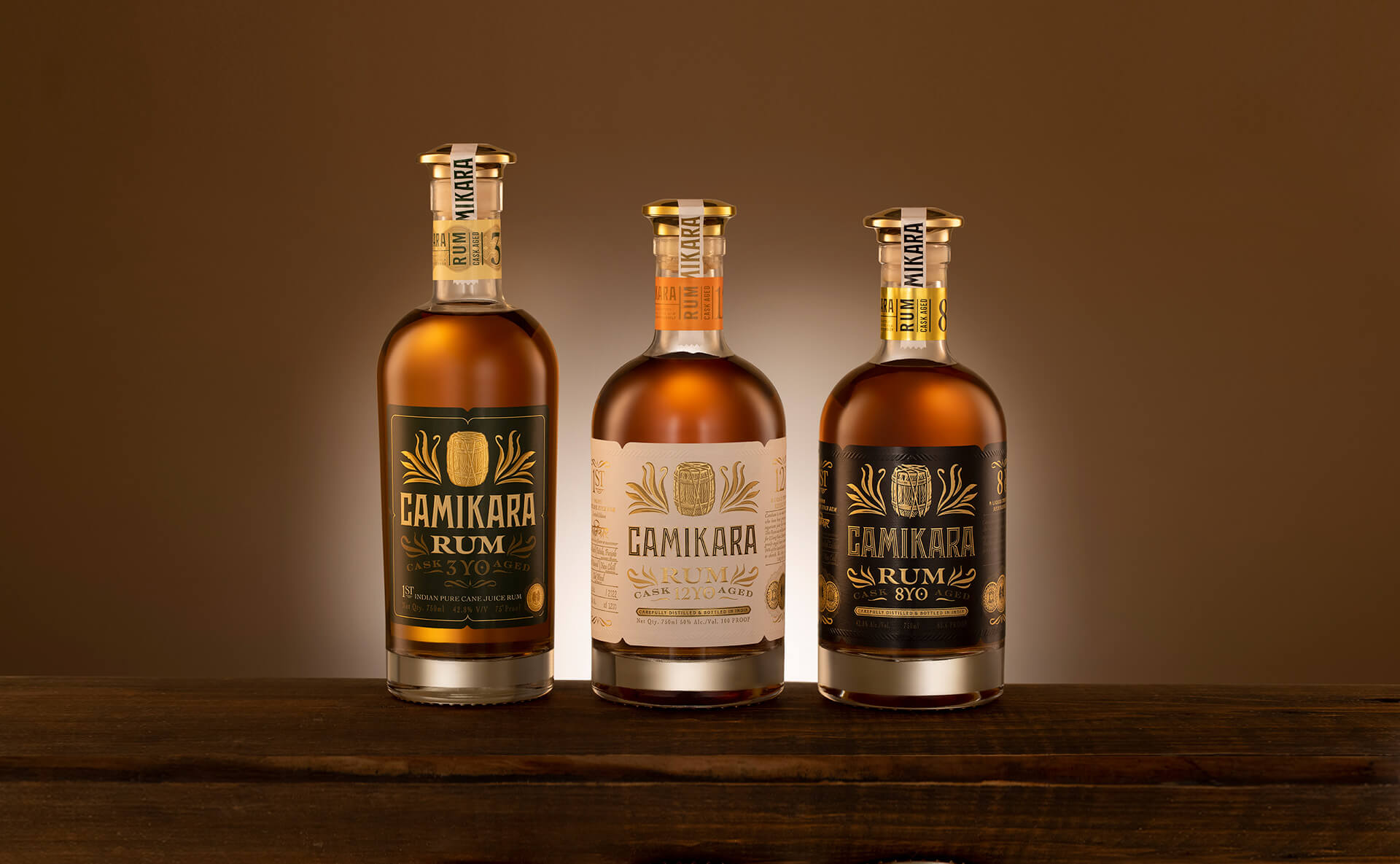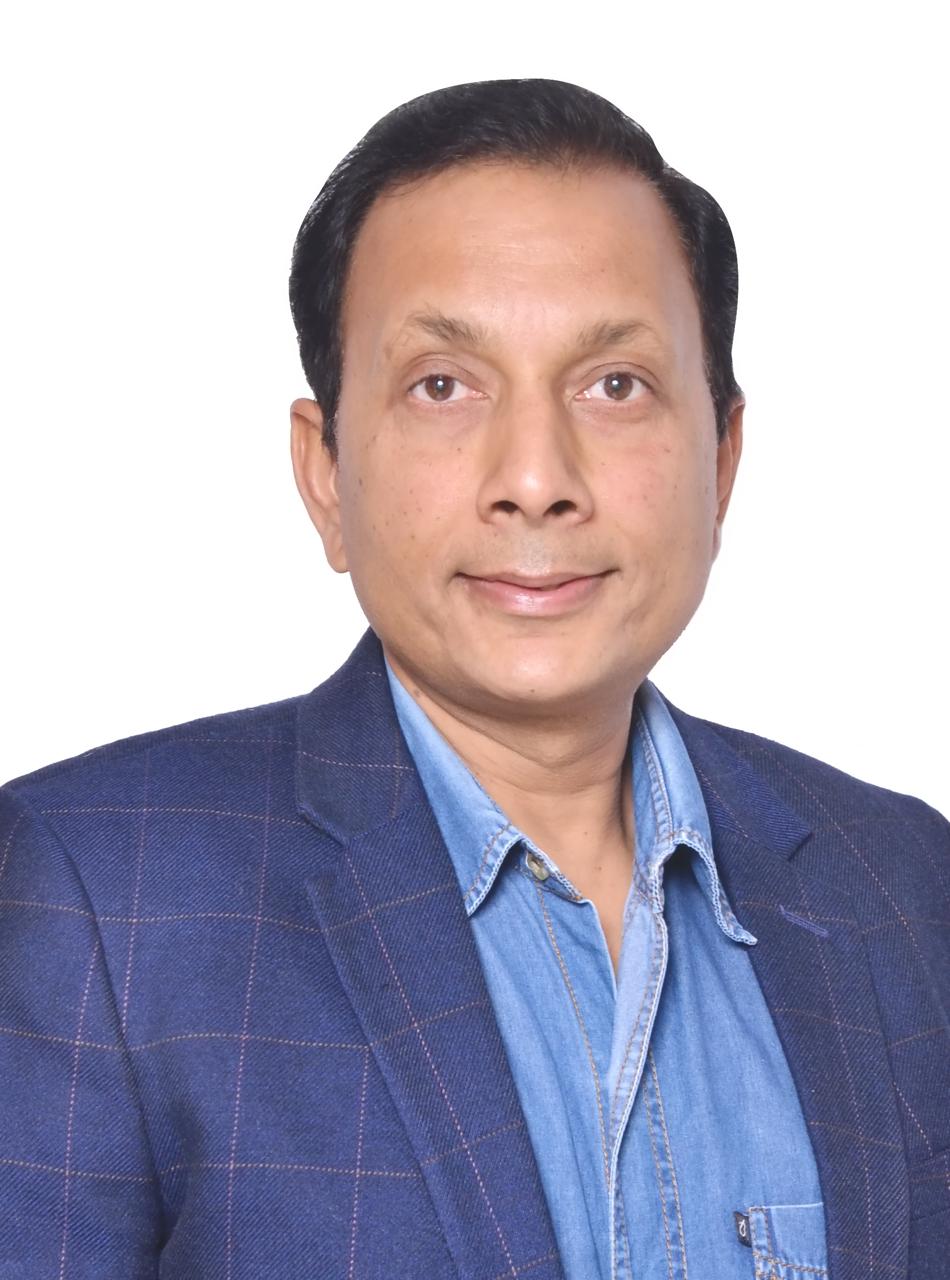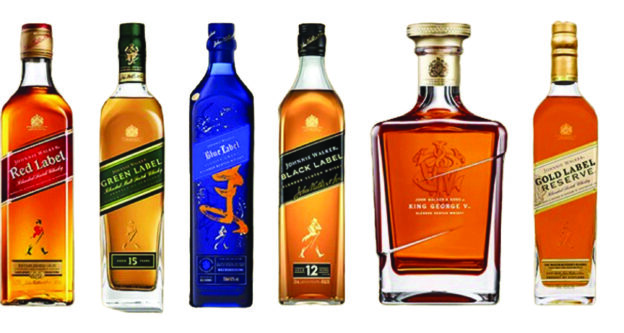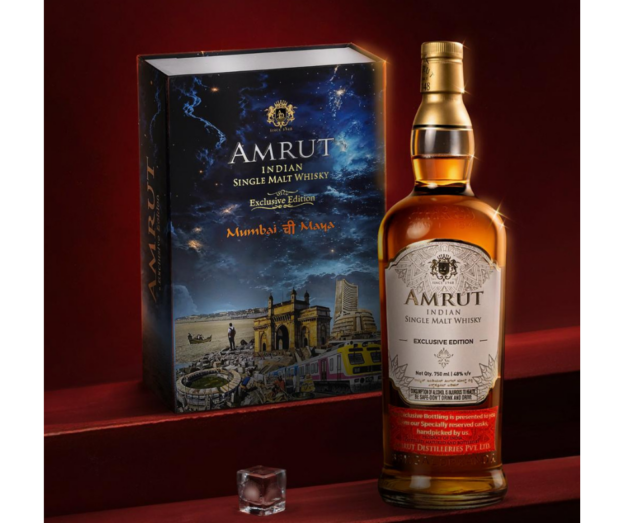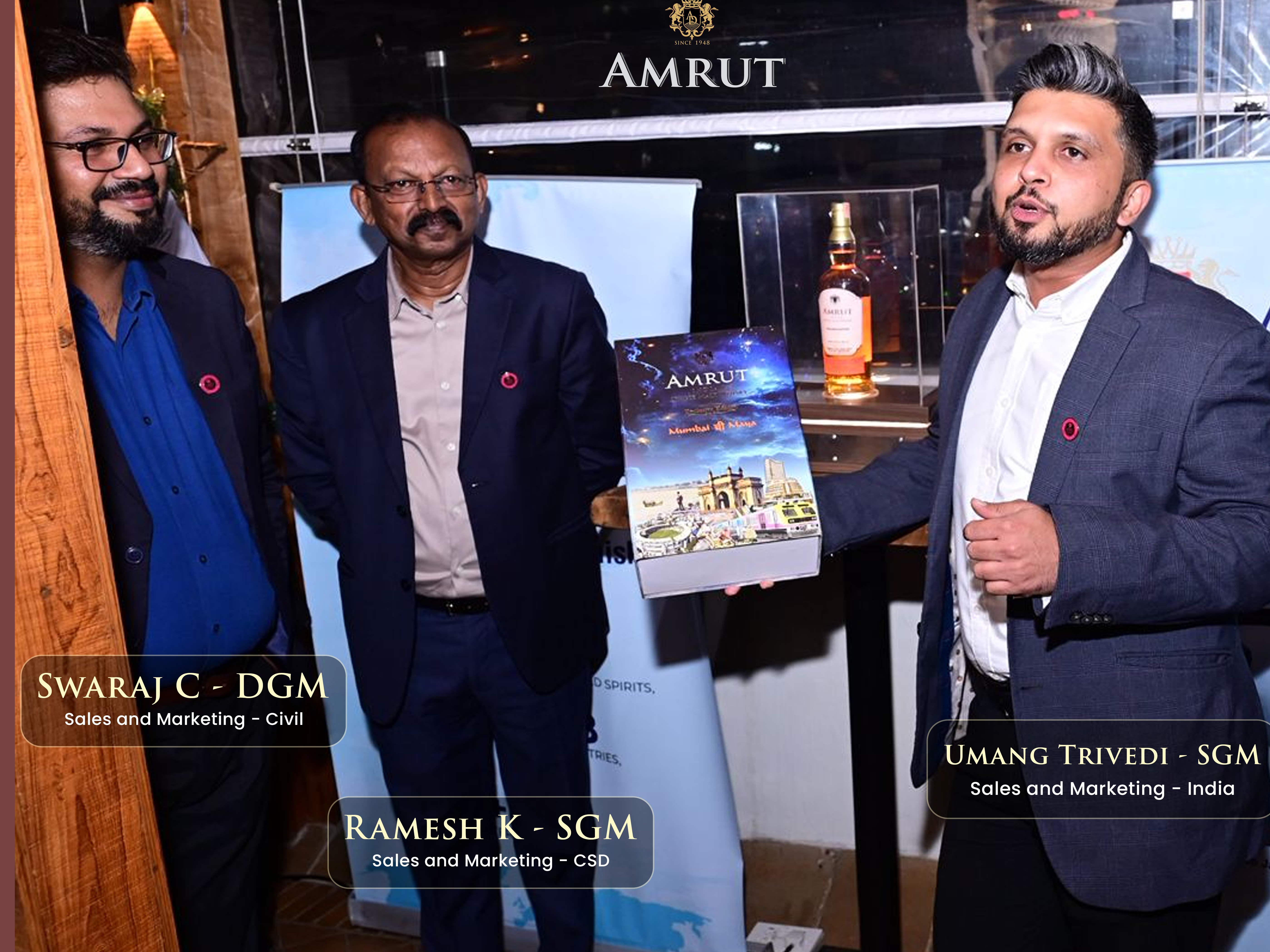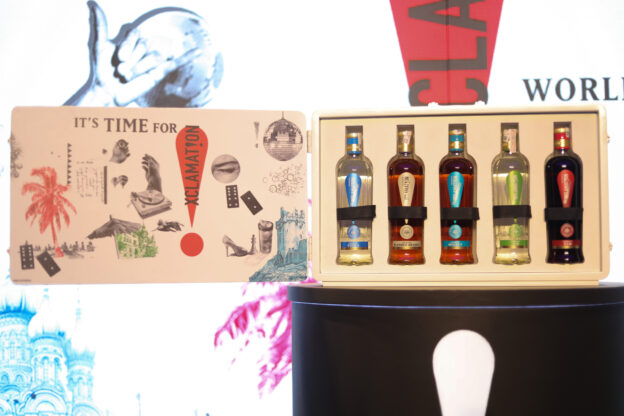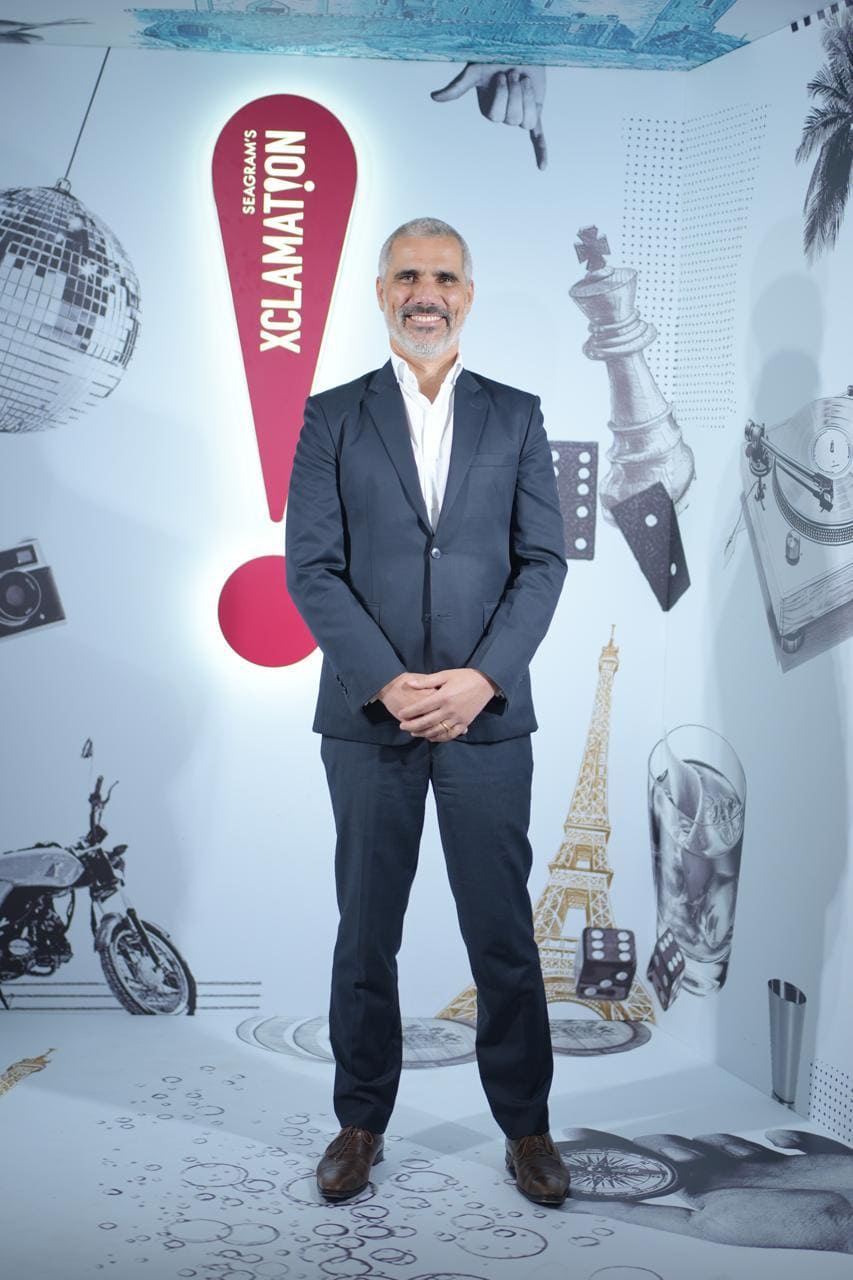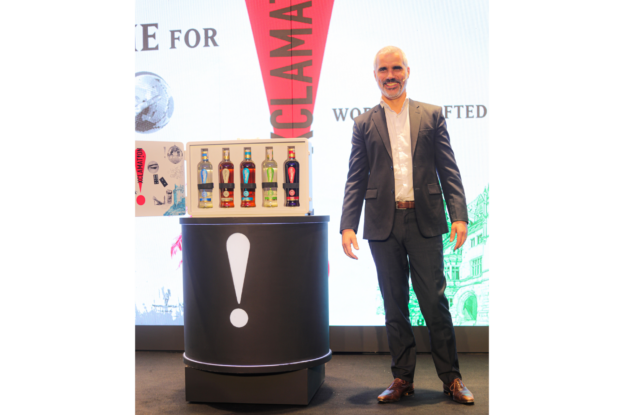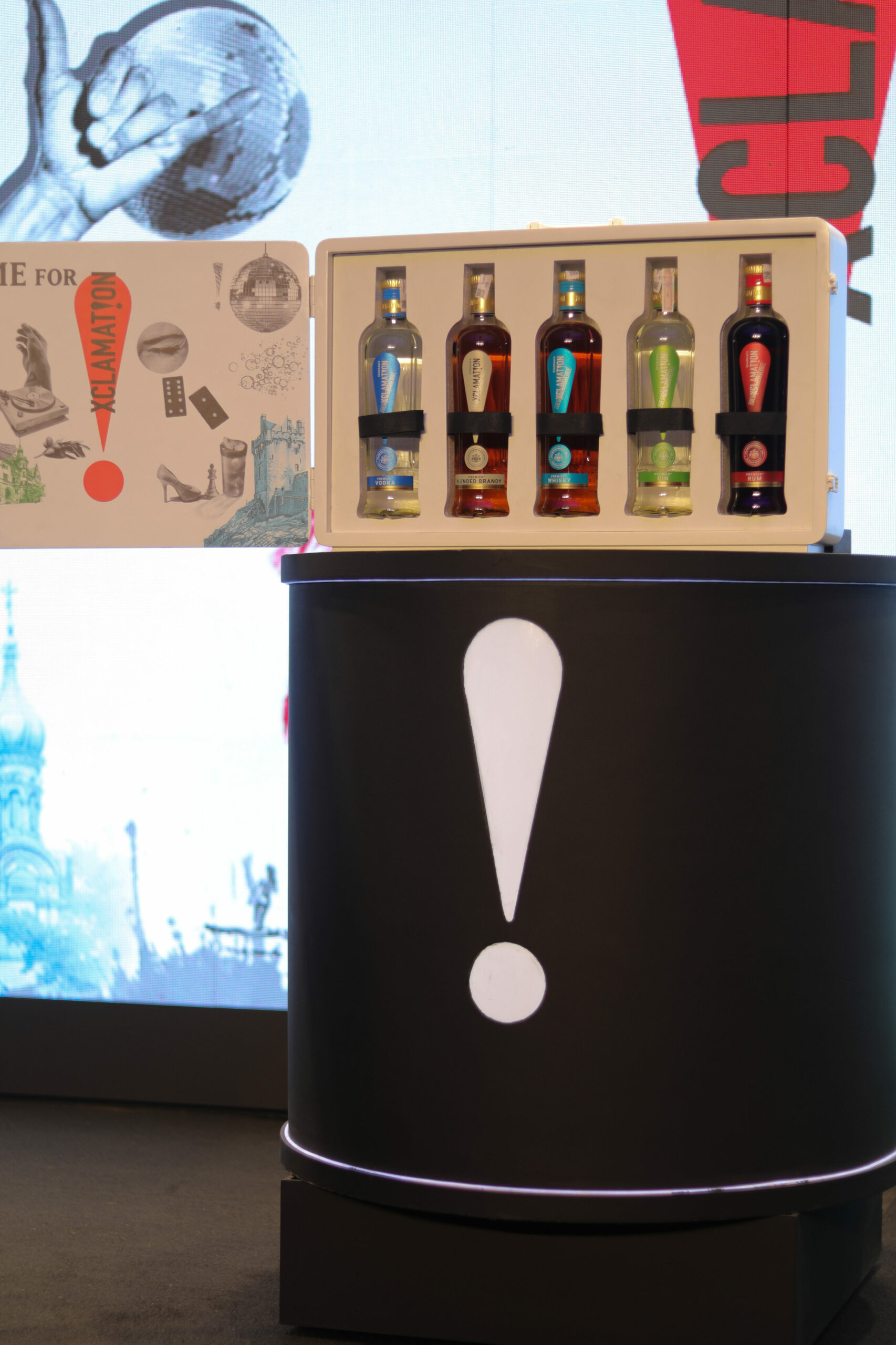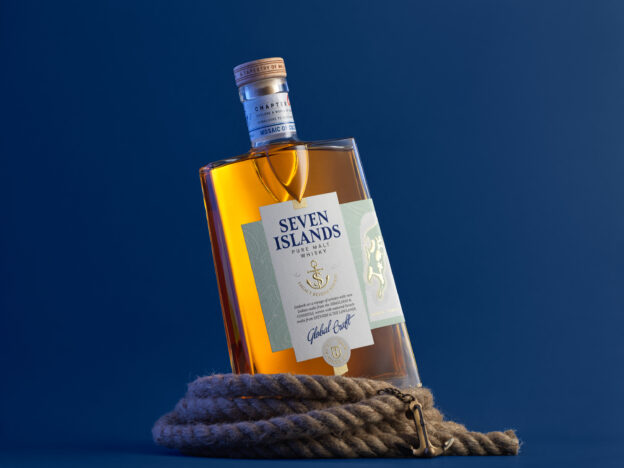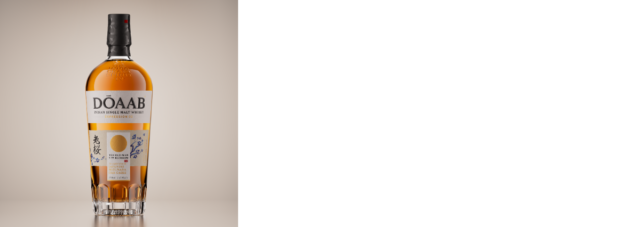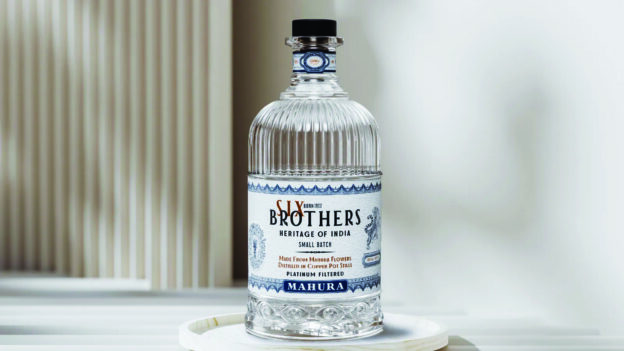- Consolidated net sales value of Rs. 3,694 crore in third quarter
- For the nine months, profit after tax stood at Rs. 1,259 crore, up 13.7%
United Spirits Ltd. reported a resilient performance for the third quarter and nine months ended 31 December 2025, navigating policy headwinds in key markets while sustaining growth momentum through premiumisation and portfolio strength.
The Diageo-controlled company posted consolidated net sales value (NSV) of Rs. 3,694 crore in Q3FY26, marking a year-on-year growth of 7.6%, while nine-month consolidated NSV stood at Rs. 9,888 crore, up 9.4%. The performance was largely driven by the standalone business, which continued to benefit from strong traction in the Prestige & Above (P&A) segment and improving product mix.
Sharp Uptick in Profitability
Consolidated EBITDA for the quarter rose 5.5% year-on-year to Rs. 599 crore, with EBITDA for the nine-month period reaching Rs. 1,903 crore, reflecting a growth of 6.7%. Excluding a one-off indirect tax item impact of Rs. 40 crore recorded in the first quarter of FY26, underlying EBITDA for the nine months was higher at Rs. 1,943 crore, translating into a stronger growth of 9.0%. Profitability showed a sharp uptick, with consolidated profit after tax for Q3FY26 rising 24.7% year-on-year to Rs. 418 crore, while nine-month PAT increased 11.9% to Rs. 1,299 crore.
On a standalone basis, United Spirits reported Q3FY26 NSV of Rs. 3,683 crore, up 7.3% year-on-year, and nine-month NSV of Rs. 9,402 crore, reflecting a growth of 9.0%. Growth was driven by the company’s strategic focus on premiumisation, with the Prestige & Above segment recording NSV growth of 8.2% in the quarter and 9.8% over the nine-month period. The performance of the higher-end portfolio helped offset the impact of regulatory and policy-led disruptions in Maharashtra, as well as the lapping of a one-time retail pipeline fill in Andhra Pradesh in the prior-year quarter. The Popular segment, however, declined 4.6% in Q3FY26, largely due to the Maharashtra impact, though it returned to growth over the nine-month period with a 4.7% increase in NSV.
Margin expansion remained a key highlight during the period, supported by favourable mix, pricing actions and productivity initiatives. Standalone gross profit for Q3FY26 grew 12.6% year-on-year, with gross margin expanding by 219 basis points to 46.9%. For the nine months, reported gross margin stood at 46.2%, while underlying gross margin, excluding the one-off tax impact, expanded 179 basis points over the previous year. The company attributed this improvement to sustained revenue growth management interventions, headline pricing flow-through, continuous productivity gains and a relatively stable commodity basket, barring bulk scotch.
Advertising and promotion (A&P) investments remained elevated as United Spirits continued to back its key trademarks. The A&P reinvestment rate stood at 14.0% of net sales in Q3FY26, reflecting higher investments behind the top-end of the portfolio, while the nine-month reinvestment rate moderated to 10.6% on a focused and disciplined allocation strategy. As a result of higher A&P spends during the quarter, standalone EBITDA margin for Q3FY26 came in at 16.8%, contracting 35 basis points year-on-year, even as EBITDA rose 5.1% to `618 crore. For the nine-month period, reported EBITDA grew 9.8% to Rs. 1,705 crore, with underlying EBITDA growth accelerating to 12.4% and underlying EBITDA margin expanding to 18.6%.
Profitability at the standalone level remained robust, with Q3FY26 profit after tax rising 11.8% year-on-year to Rs. 529 crore, translating into a net profit margin of 14.4%. For the nine months, PAT stood at Rs. 1,259 crore, up 13.7%, with a net margin of 13.4%. Interest costs for the quarter declined 5.0% year-on-year to Rs. 19 crore, while nine-month interest expense was higher at Rs. 89 crore due to the one-off tax-related interest component, with underlying interest costs trending lower.
Commenting on the performance, Praveen Someshwar, CEO and Managing Director of United Spirits Ltd., said the company delivered a resilient quarter despite policy headwinds in one of its most salient markets, adding that strong momentum in the rest of India and at the top end of the portfolio positions the business well for sustainable long-term growth. Reflecting confidence in cash flows and balance sheet strength, the Board of Directors also approved an interim dividend of Rs. 6.0 per share, underscoring United Spirits’ commitment to shareholder returns even as it continues to invest in brand building and execution capabilities.

